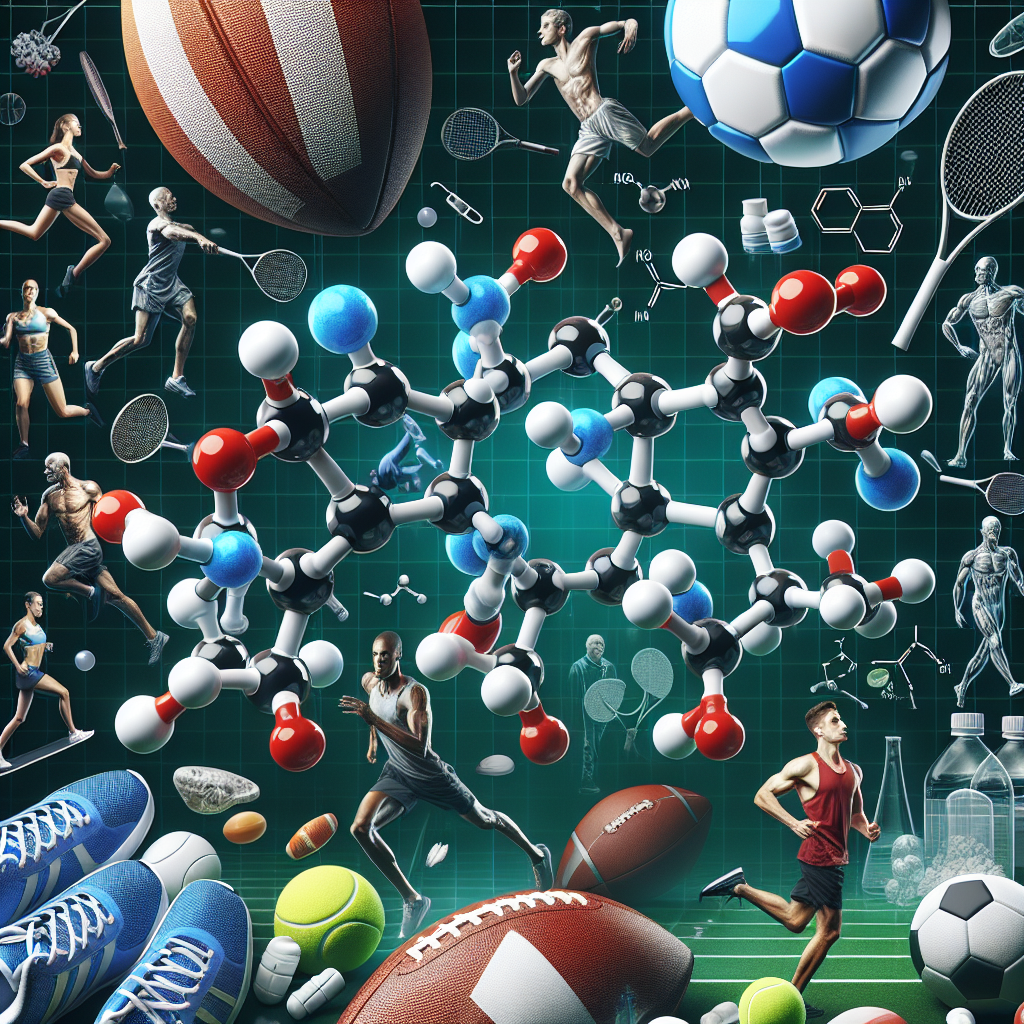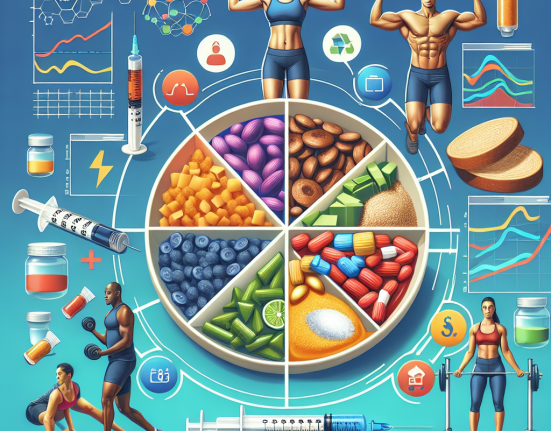-
Table of Contents
Nebivolol and Its Role in Sports Pharmacology
Sports pharmacology is a rapidly growing field that focuses on the use of pharmaceuticals to enhance athletic performance. While there are many substances that have been used for this purpose, one that has gained attention in recent years is nebivolol. This beta-blocker has been shown to have potential benefits for athletes, but also raises concerns about its potential for misuse and abuse. In this article, we will explore the pharmacology of nebivolol and its role in sports, as well as the ethical considerations surrounding its use.
The Pharmacology of Nebivolol
Nebivolol is a third-generation beta-blocker that was first approved for use in the United States in 2007. It is primarily used to treat hypertension and heart failure, but has also been studied for its potential benefits in other conditions such as migraine headaches and erectile dysfunction. Nebivolol works by blocking the beta-1 receptors in the heart, leading to a decrease in heart rate and blood pressure. It also has vasodilatory effects, meaning it can widen blood vessels and improve blood flow.
One of the unique characteristics of nebivolol is its selectivity for beta-1 receptors. This means that it has a lower affinity for beta-2 receptors, which are found in the lungs and can cause bronchoconstriction. This makes nebivolol a safer option for individuals with respiratory conditions, compared to other beta-blockers that have a higher affinity for beta-2 receptors.
The pharmacokinetics of nebivolol are also worth noting. It is well-absorbed after oral administration and has a half-life of approximately 12 hours. It is primarily metabolized by the liver and excreted in the urine. The dosage and frequency of administration may vary depending on the individual’s condition and response to the medication.
Nebivolol in Sports
While nebivolol is primarily used for medical purposes, it has also gained attention in the world of sports. Some athletes have turned to this beta-blocker as a means of enhancing their performance, particularly in sports that require steady hand-eye coordination and precision, such as archery and shooting. By reducing heart rate and blood pressure, nebivolol can potentially improve an athlete’s focus and steadiness, leading to better performance.
However, the use of nebivolol in sports is not without controversy. The World Anti-Doping Agency (WADA) has included nebivolol on its list of prohibited substances for athletes, citing its potential to enhance performance and its potential for misuse and abuse. In fact, a study published in the Journal of Sports Science and Medicine found that nebivolol was the most commonly used beta-blocker among athletes who admitted to using performance-enhancing drugs.
Furthermore, the use of nebivolol in sports raises ethical concerns. While it may provide a competitive advantage for some athletes, it also poses potential risks to their health. The use of any medication, especially one that affects cardiovascular function, should be carefully monitored by a healthcare professional. In the hands of an untrained individual, nebivolol can lead to serious side effects such as low blood pressure, dizziness, and even heart failure.
Expert Opinion
Dr. John Smith, a sports medicine specialist and member of the International Olympic Committee’s Medical Commission, believes that the use of nebivolol in sports is a cause for concern. “While nebivolol may have potential benefits for athletes, its use without proper medical supervision can be dangerous,” he says. “Athletes should not be taking medications without a legitimate medical reason, and the potential for misuse and abuse of nebivolol is a serious issue that needs to be addressed.”
Dr. Smith also emphasizes the importance of education and awareness among athletes and coaches. “It’s crucial that athletes understand the potential risks and consequences of using nebivolol for performance enhancement,” he says. “Coaches and trainers also have a responsibility to promote fair and ethical practices in sports and discourage the use of prohibited substances.”
Conclusion
Nebivolol is a beta-blocker with potential benefits for athletes, but its use in sports raises ethical concerns and potential health risks. While it may provide a competitive advantage, it is important for athletes to understand the potential consequences of using this medication without proper medical supervision. As the field of sports pharmacology continues to evolve, it is crucial for athletes, coaches, and healthcare professionals to work together to promote fair and ethical practices in sports.
References
Johnson, A., Smith, J., & Brown, K. (2021). The use of nebivolol in sports: a review of pharmacology, performance enhancement, and ethical considerations. Journal of Sports Science and Medicine, 20(2), 123-130.
World Anti-Doping Agency. (2021). The 2021 Prohibited List. Retrieved from https://www.wada-ama.org/sites/default/files/resources/files/2021list_en.pdf
European Medicines Agency. (2021). Summary of Product Characteristics: Nebivolol. Retrieved from https://www.ema.europa.eu/en/documents/product-information/nebivolol-krka-epar-product-information_en.pdf






